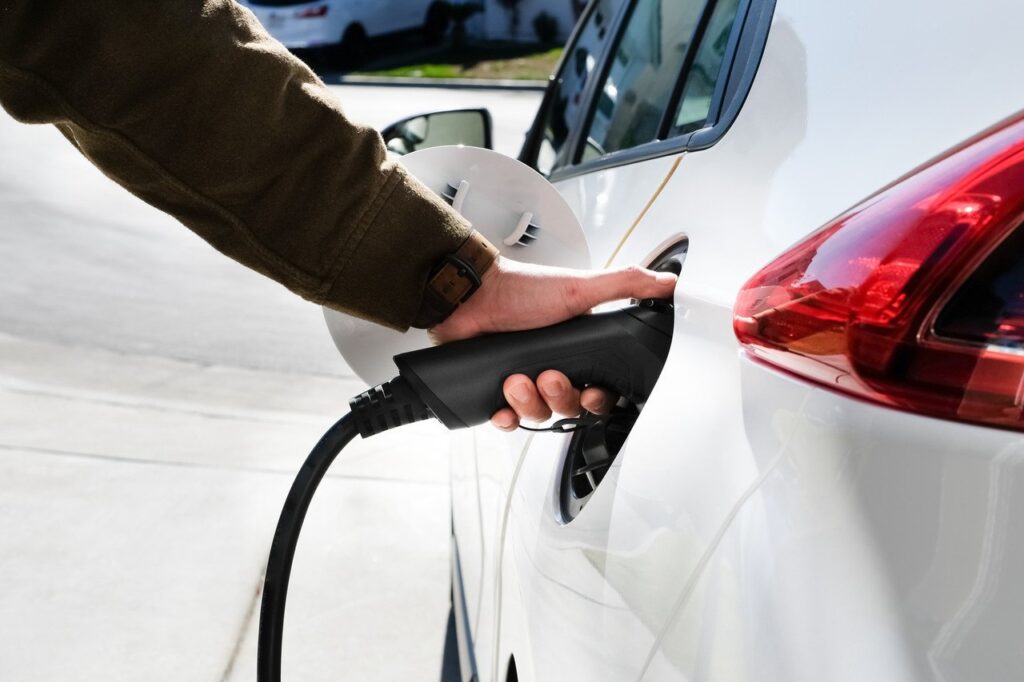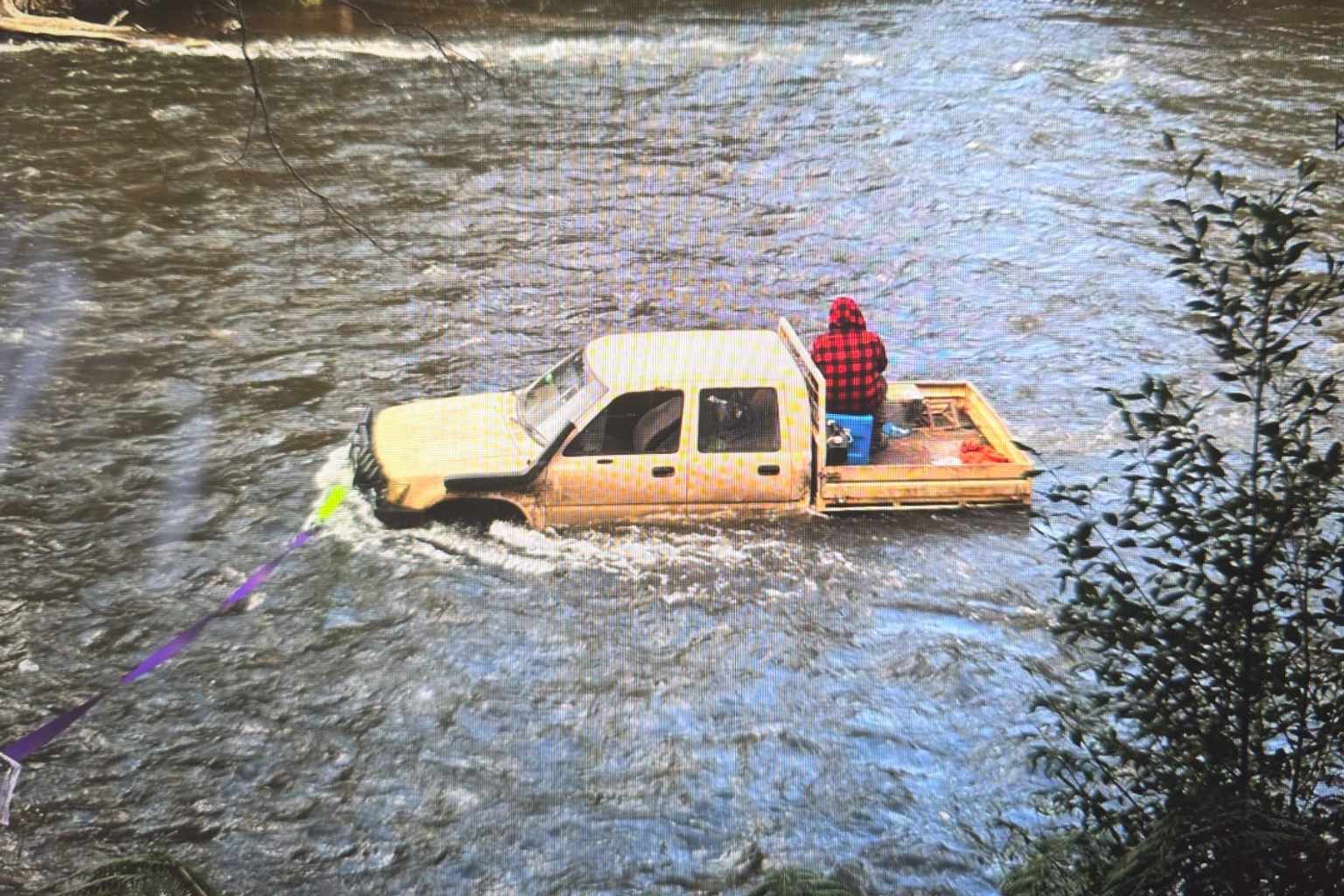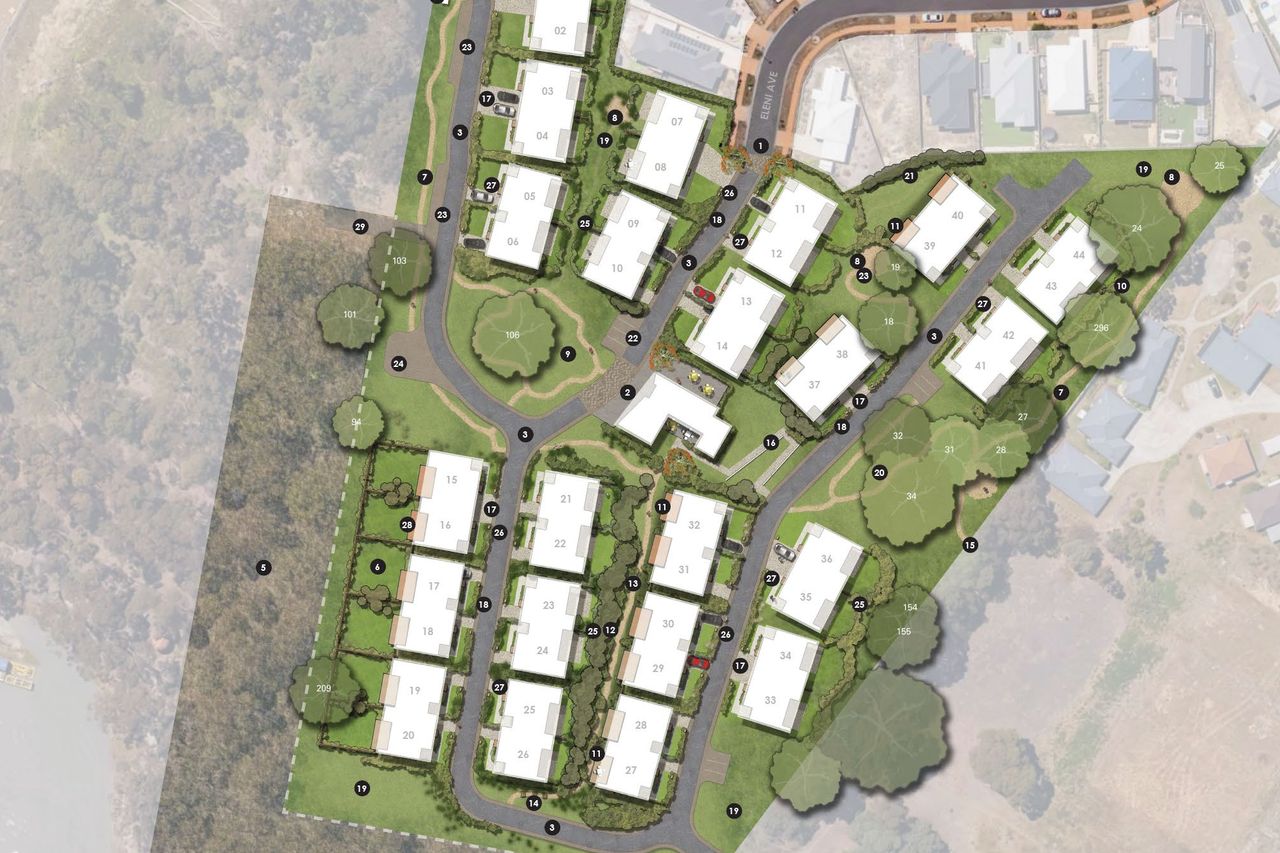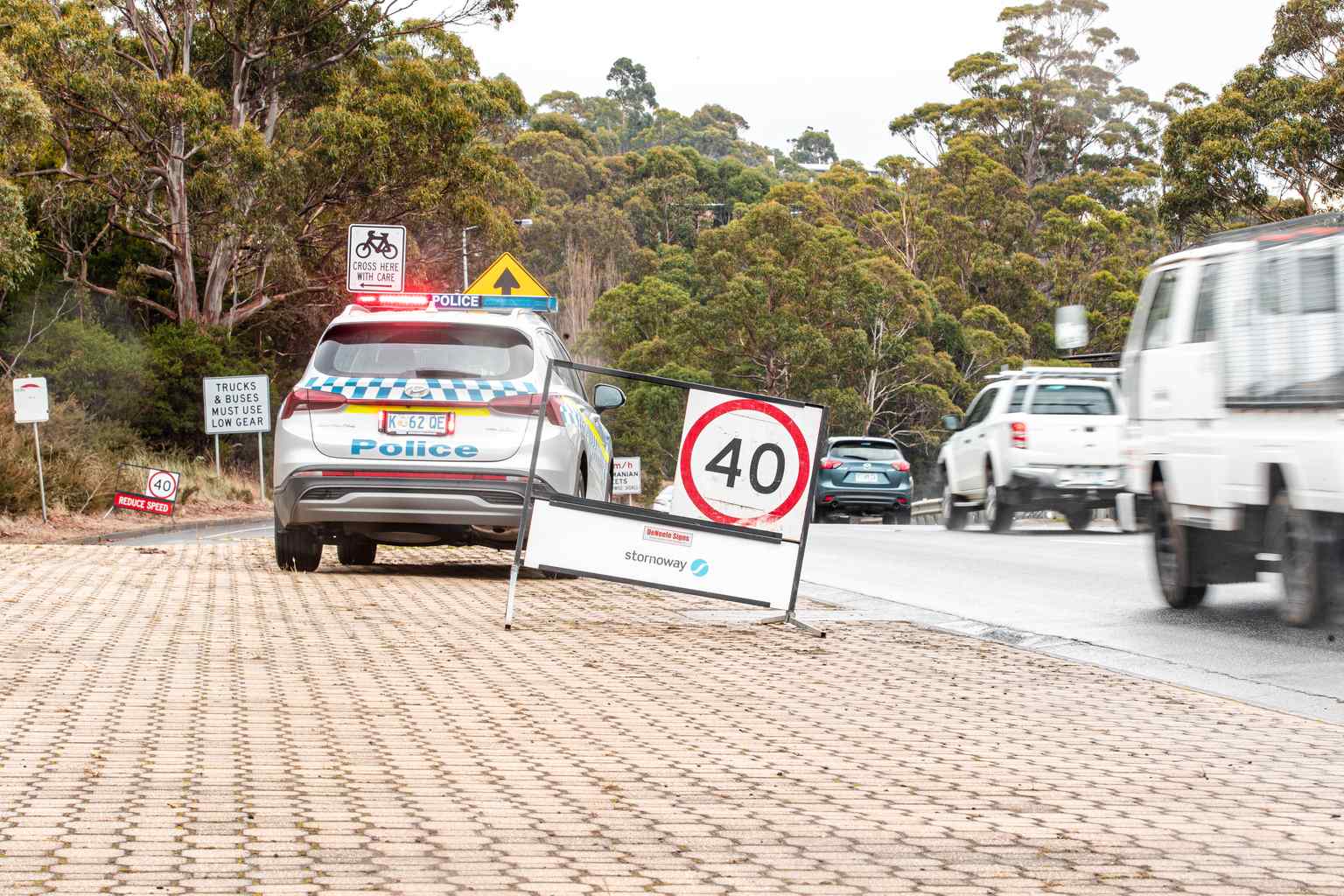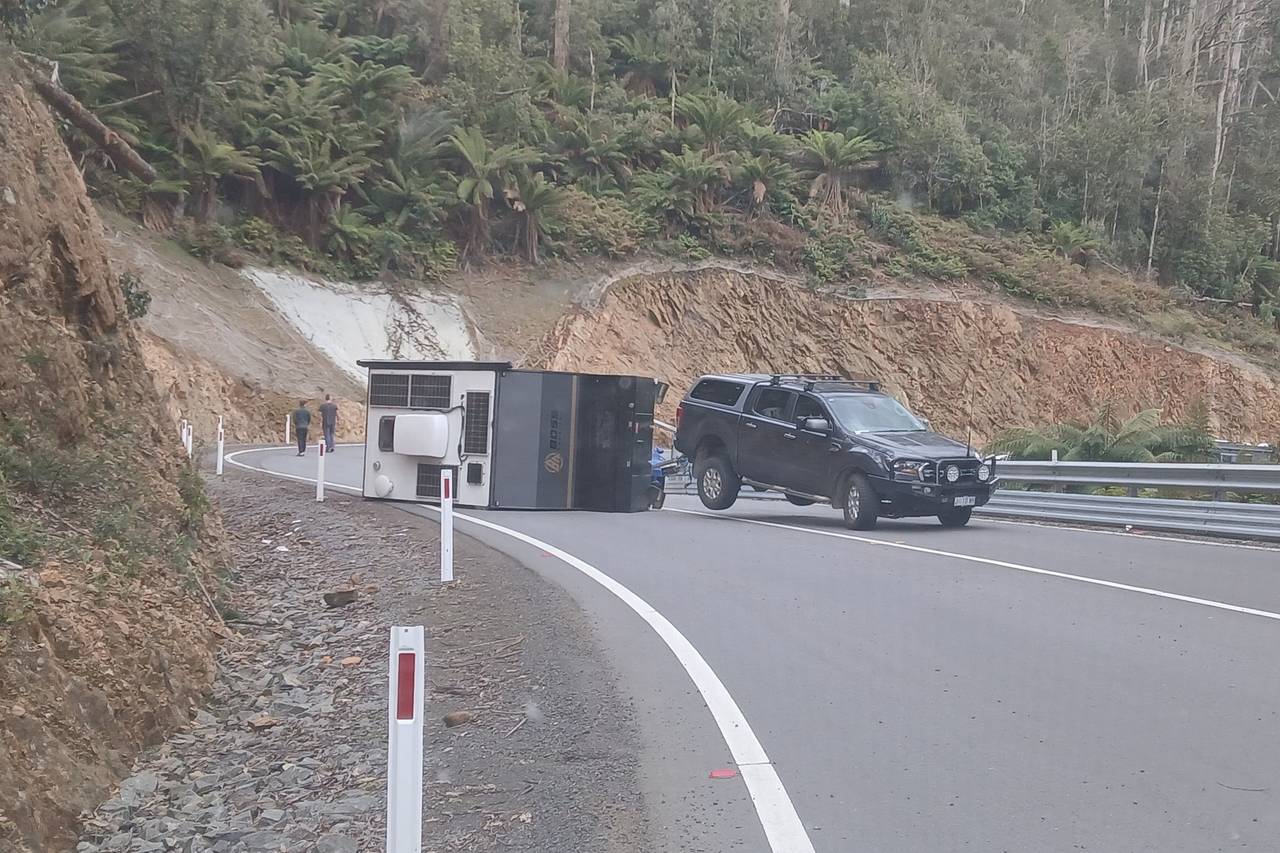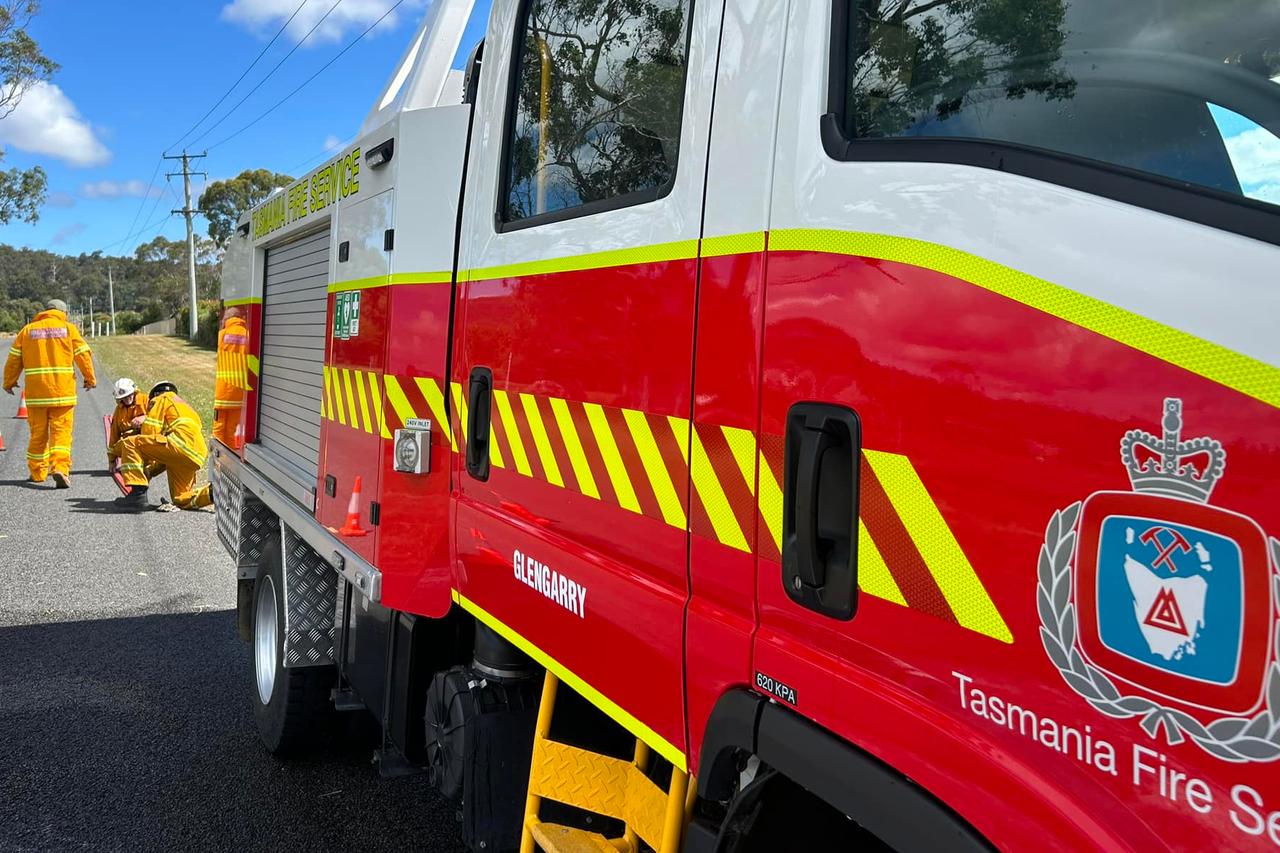A northern Tasmanian council is likely to reject a push to electrify its small vehicle fleet, with council officers arguing the move would deliver minimal environmental benefits at significant cost to ratepayers.
Northern Midlands councillor Paul Terrett’s motion calling for a transition plan to make “all small council fleet vehicles” electric will face a recommendation from staff to “take no further action”.
A council analysis reveals the small fleet of cars, light SUVs and utes “contributes less than 1% of the council’s total corporate carbon footprint”.
“The vast majority of emissions (over 85%) are generated by heavy vehicles, plant and equipment, which are essential for road maintenance, waste and civil works,” the council report states.
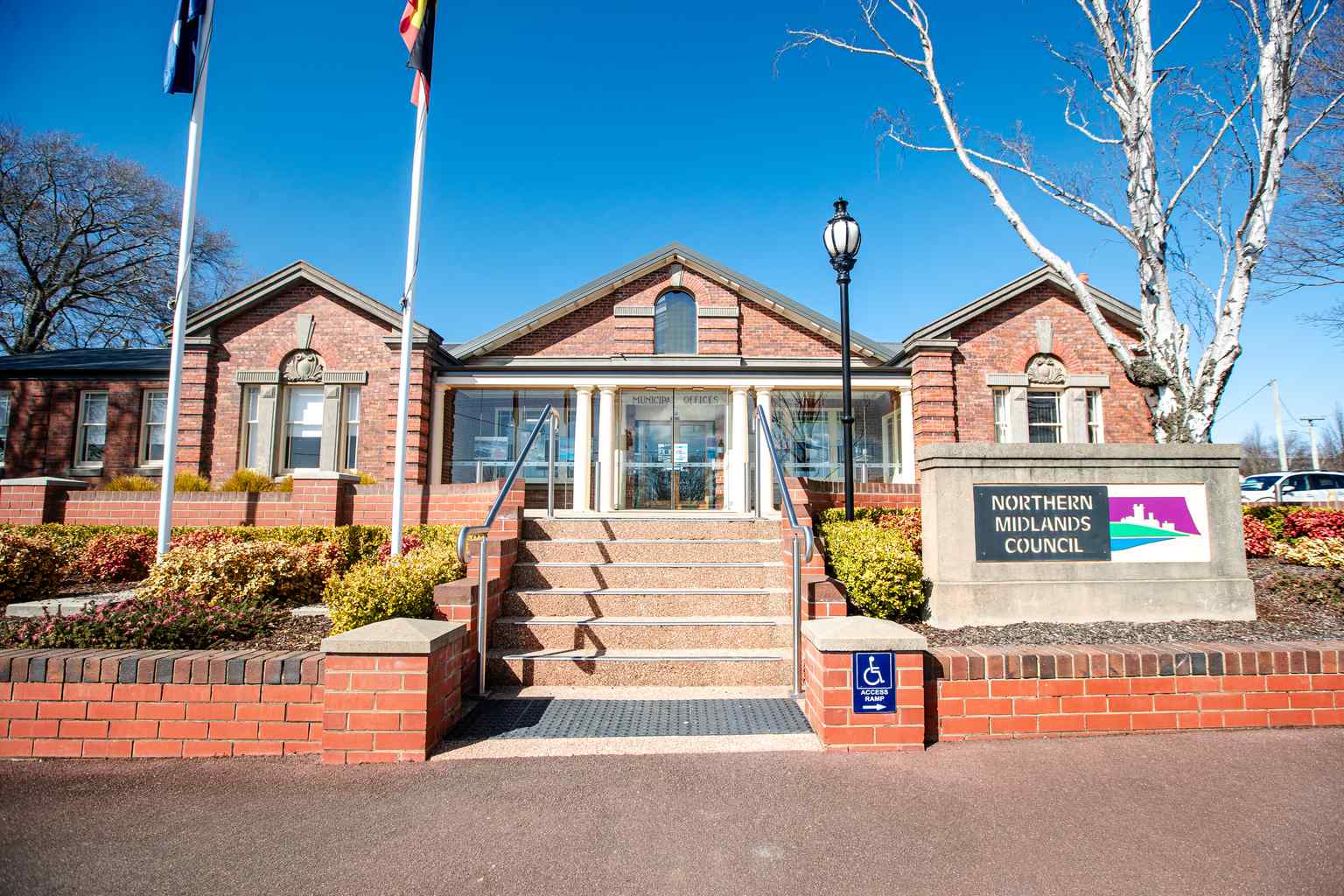
The analysis warns transitioning would require “significant upfront investment” not only for vehicles but charging infrastructure at council depots and offices.
Electric vehicles would also carry insurance premiums “$661 per year” higher than conventional alternatives, council officers noted.
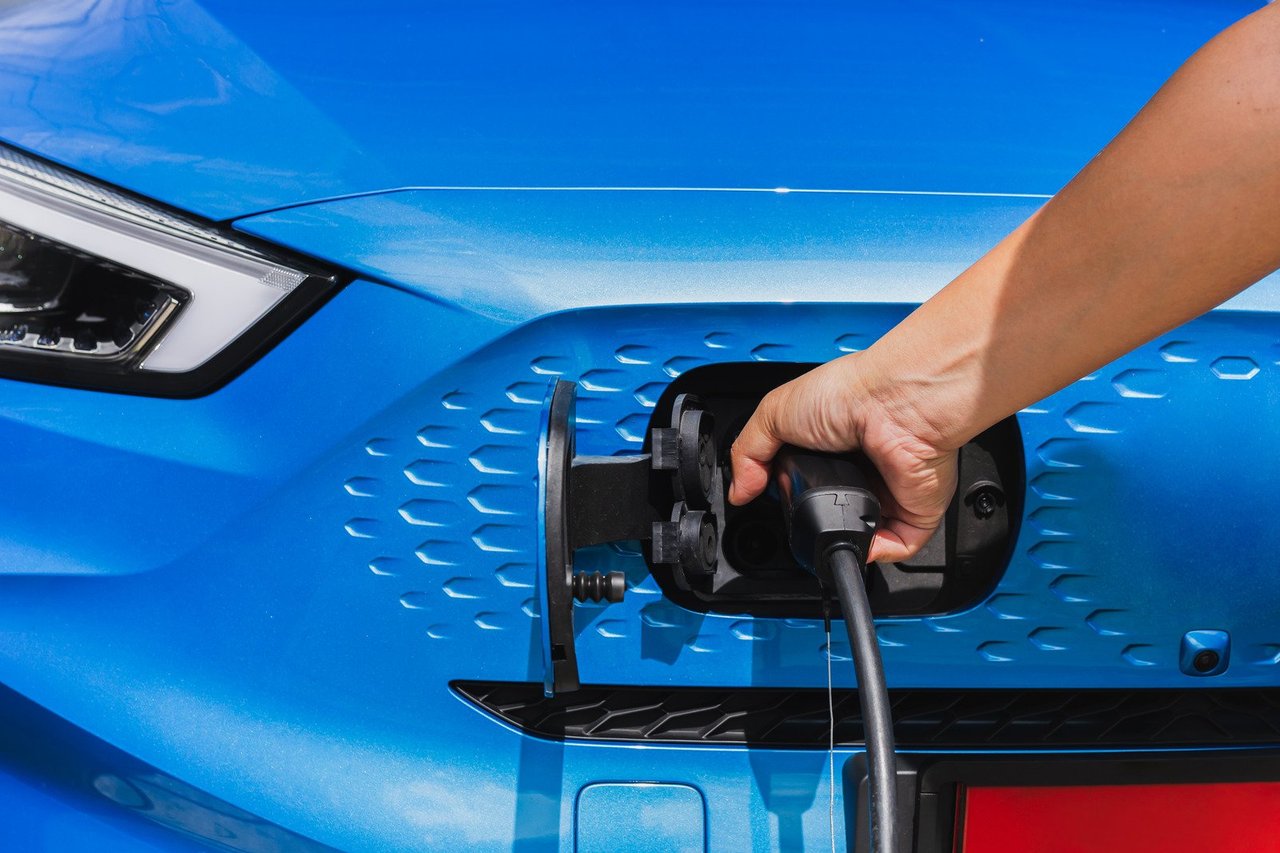
Resale values present another financial hurdle, with the council noting used EVs retain just 57.6% of their value after two to four years, dropping to 24.1% after five years.
“Council will continue to monitor the market for suitable EVs and charging solutions and consider pilot projects or trials as technology and costs improve,” the document states.
“In the interim, focus should remain on operational efficiencies, route optimisation and ongoing review of service delivery to reduce fuel use and emissions across the entire fleet.”
“While the transition to EVs for the small fleet aligns with council’s climate objectives, the actual impact on the council’s total carbon footprint will be modest.”

“A balanced approach that prioritises operational efficiency, ongoing review of technology and targeted investment will deliver the best value for ratepayers and the environment.”
The motion will be considered at the council meeting tonight.

